Travelling has transformed dramatically over the last decade, thanks to the advent of digital technology. Gone are the days when planning a trip meant flipping through heavy guidebooks or relying solely on local tour guides. Today, digital travel guides have revolutionised how we explore the world, providing personalised experiences, real-time updates, and convenient access to information. Whether you’re a seasoned traveller or on your first adventure, technology can enhance every aspect of your trip, from planning to navigation and beyond.
6 Ways to Utilise Digital Travel Guides
Pre-Trip Planning: Researching Your Destination
One of the biggest advantages of digital travel guides is the ease and efficiency of planning your trip. With countless online resources, you can research your destination with just a few clicks. Platforms like TripAdvisor, Lonely Planet, and Google Travel provide reviews, recommendations, and insider tips from other travellers. Additionally, websites and apps like Airbnb and Booking.com offer accommodation options and information about local attractions, restaurants, and experiences.
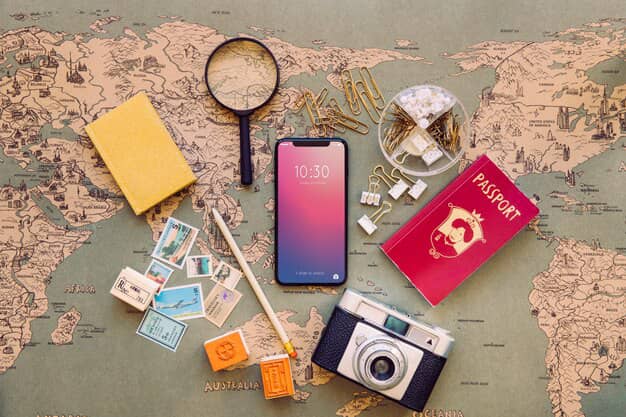
When planning your trip, consider using customisable digital itineraries to organise your activities by day, time, and location. Apps like TripIt and Google Maps enable you to create detailed plans, including hotel check-ins, flight times, and sightseeing spots, all synced to your mobile device for easy access.
Real-Time Information and Updates
One of the most significant advantages of using technology for travel is real-time information. Digital travel guides can offer up-to-the-minute updates on transportation schedules, weather conditions, and local events. For example, Google Maps and Waze provide real-time traffic data, helping you avoid roadblocks and delays while navigating unfamiliar territories.
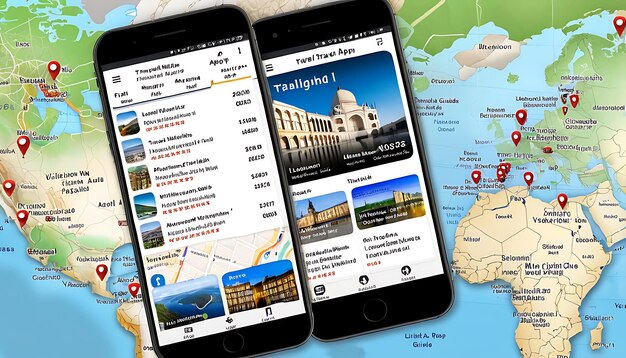
Flight and transportation apps, such as FlightAware or Hopper provide updates on flight delays, cancellations, and gate changes, ensuring you’re always informed. This can be particularly useful in case of sudden weather changes or other unforeseen circumstances.
For international travellers, real-time translation tools greatly reduce language barrier issues. Apps like Google Translate can instantly translate text, signs, and conversations, helping you communicate more effectively in foreign countries. This makes your trip smoother and reduces anxiety about getting lost or misunderstanding local customs.
Navigation and Exploration
Thanks to digital maps and GPS technology, navigating new places has never been easier. With digital travel guides like Google Maps, Apple Maps, and Citymapper, you can effortlessly find your way around cities, explore local attractions, and even discover hidden gems off the beaten path. These tools provide directions and offer recommendations for nearby restaurants, cafes, parks, and other points of interest.
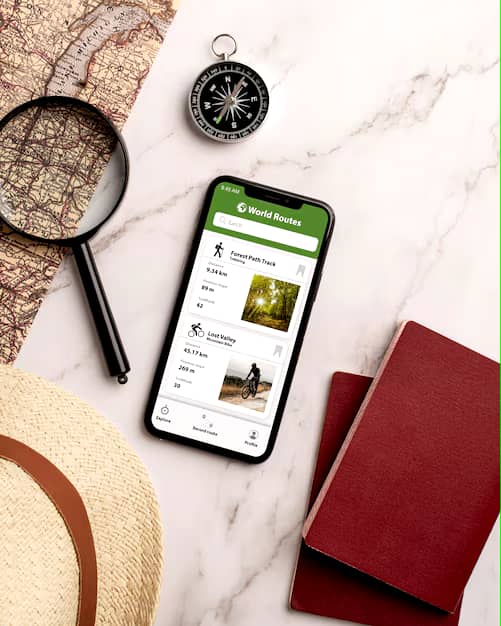
In addition to maps, augmented reality (AR) enhances exploration experiences. Apps like Google Lens or AR-based city guides overlay digital information onto the real world, offering facts and details about landmarks, buildings, and cultural sites. This interactive method of sightseeing makes it easier to learn about your surroundings in real-time, without needing to hire a guide or follow a rigid tour schedule.
Personalised Travel Experiences
Technology allows travellers to personalise their experiences to suit their preferences, budget, and interests. Whether you’re looking for adventure, relaxation, or cultural immersion, digital travel guides can help curate your trip. Apps like Culture Trip and Detour offer personalised suggestions based on your interests, while services like Foursquare and Yelp offer recommendations for local dining, nightlife, and activities.
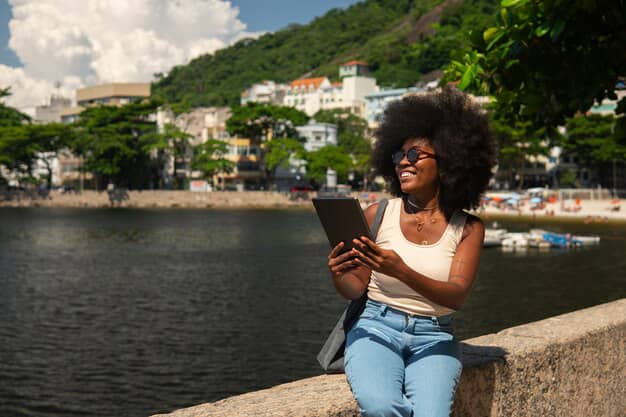
Social media platforms such as Instagram, Pinterest, and YouTube also play significant roles in customising your travel experience. Travelers often share their experiences, offering visual inspiration and recommendations for unique, off-the-beaten-path destinations. Additionally, platforms like Airbnb Experiences connect you with local hosts who curate tours and activities, allowing for a more authentic and immersive experience.
For those with specific dietary restrictions, preferences, or health concerns, technology makes it easier to find suitable accommodations and dining options. Apps like HappyCow (for vegetarians and vegans) or Spokin (for allergy-friendly food) help locate restaurants and cafes that cater to your needs, ensuring a comfortable and enjoyable trip.
Maximising Convenience with Mobile Payments and E-Tickets
Another way technology enhances your trip is through mobile payments and e-tickets, which eliminate the need to carry cash or paper tickets. Apps like Google Pay, Apple Pay, and PayPal allow you to make secure payments at various points of your journey, from booking flights and accommodations to paying for meals and shopping.
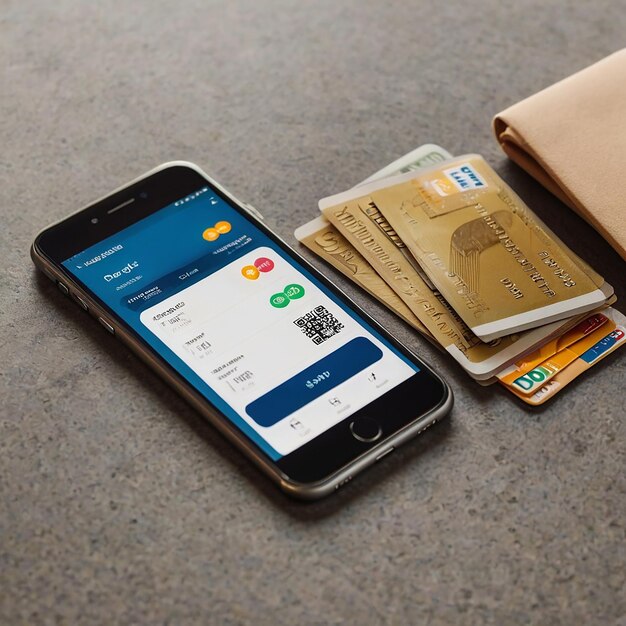
Many attractions, airlines, and public transportation services now accept e-tickets, which can be stored on your phone for easy access. This streamlines the travel experience, reducing the hassle of managing multiple paper tickets or worrying about losing them.
Additionally, platforms like Uber, Lyft, and Bolt offer convenient ride-hailing services, while apps like Lime or Bird provide on-demand scooter and bike rentals. This convenience is especially valuable in cities where public transportation may be limited or difficult to navigate.
Post-Trip Reflections: Sharing Your Experience
After your trip, digital travel guides and platforms provide an opportunity to reflect on and share your experiences. Social media, travel blogs, and review sites allow you to document your journey, share tips with fellow travellers, and provide feedback on the places you visited. This not only helps other travellers but also serves as a digital memory of your adventure.
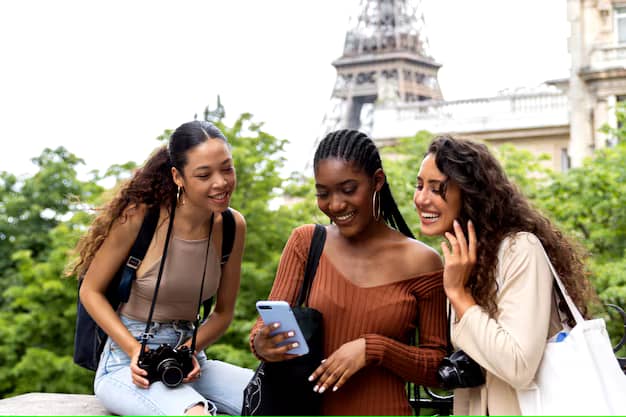
Platforms like TripAdvisor and Google Reviews also enable you to leave detailed feedback about hotels, restaurants, and attractions, contributing to the global travel community and helping others make informed decisions.
